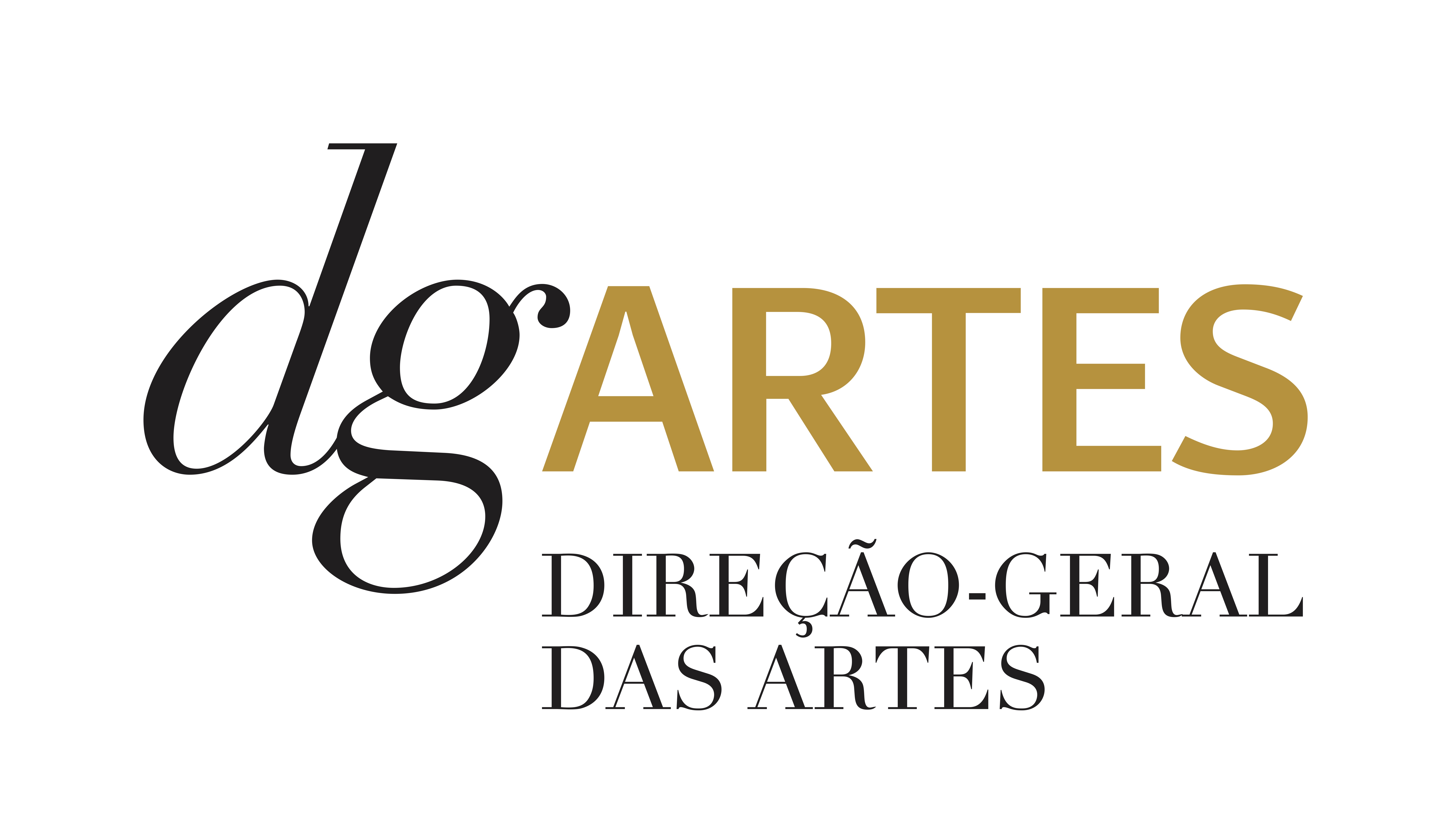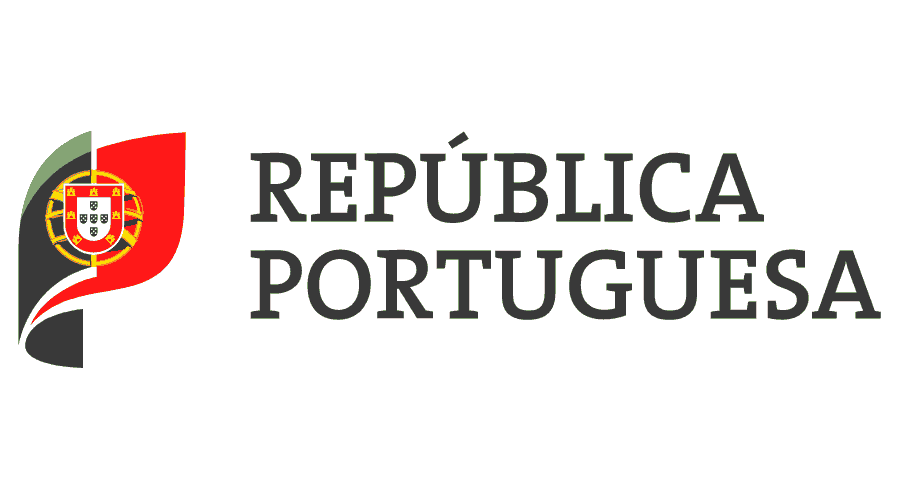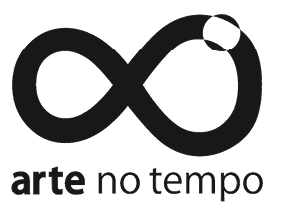“CONTEMPORARY” MUSIC PRE/POST 25 APRIL
Pre/Post ― Visual Variations of 25 April
AD HOC PRESENTS WORKS BY FILIPE PIRES, ÁLVARO SALAZAR, CÂNDIDO LIMA AND AMÍLCAR VASQUES DIAS
Bilheteira
Bilhete: 7,50€ Estudante/Jovem, maiores de 64 e Amigos de Serralves: 3,75€
Buy Ticket

The music scene in Portugal during the Estado Novo regime was condemned to impoverishment, largely as a result of institutional disinvestment policies, the atrophy of musical education programs – practically reduced to technical courses -, and the implementation of strongly conservative accessibility logics.
The Regime's interest in music was low, focusing pragmatically on one hand on the simplification of folklore into forms of popular music that symbolized nationalism and rural tradition, and on the other hand on repetition of the best-known classical themes, namely symphonic and operas, with accessible concerts only to the upper social classes.
Creative renewal was repressed, anything that could raise questions was silenced, and the social and political intentions of composers and artists were heavily scrutinized and censored.
It was only in the 1960s that more consistent winds of change began to be felt, largely as a result of the work carried out by the Calouste Gulbenkian Foundation and the contacts that some composers and musicians, several of them exiled, began to maintain with musical developments in important European schools and centers. .
However, it will not be possible to state that the April Revolution of 1974 and the years that immediately followed it saw an increase in the production of avant-garde music. The attention then almost all focused on music for political and social intervention, the cultural discussions captured by political party discourses and actions - with many musicians being militant communists -, and the economic-financial crisis that followed the revolution, contributed to a large extent to a blockage and even a retraction of progress.
However, inevitably, the freedom gained ended up opening new paths and, as soon as democratic institutions were stabilized and with the return to Portugal of several national composers, the place of the musical avant-gardes was consolidated.
The programme for this concert includes works by some of the protagonists of this history, on the side of innovation and creative freedom.
‘Litania’ is an acousmatic piece composed in the studios of the Groupe de Recherches Musicales (GRM) in Paris by Filipe Pires, a composer and musicographer whose work is marked by great stylistic freedom and personal expressiveness. Pires was also a critic and important player in reforms in musical education.
‘Palimpsests II’ for flute belongs to an important group of pieces in the repertoire of the composer, conductor, organizer and teacher Álvaro Salazar. A respected intellectual, Álvaro Salazar also has an international career and is an expert in musical analysis. In 1978, he founded the contemporary music group Oficina Musical.
“Meteoritos” is a work by Cândido Lima marked by experimentation with new concepts and structures. It was composed at a time when the composer, strongly influenced by close contact with Iannis Xenakis, assumed responsible positions as a teacher. Lima played an important role in promoting avant-garde music with a series of programs for RTP broadcast in the early 1980s.
‘Raiz’ was composed by Amílcar Vasques Dias at the Royal Conservatory of The Hague where he studied. It was in Holland that, for 14 years, Vasques Dias developed his pedagogical and artistic activity as a pianist and composer. In 1975, he began studying José Afonso's music and authored several recreations of it.
PROGRAMME
FILIPE PIRES (1934-2015)
LITANIA [1972] 15’
ÁLVARO SALAZAR (1938)
PALIMPSESTOS II [1967/74]
CÂNDIDO LIMA (1939)
METEORITOS [1973] 12’
AMÍLCAR VASQUES DIAS (1945)
RAIZ [1977] 13’
Ricardo Carvalho > Flute
João Casimiro Almeida > Piano
Diana Ferreira > Artistic direction
Arte no Tempo > production
Coproduction:
Arte no Tempo
Fundação de Serralves
A Arte no Tempo is a structure financed by República Portuguesa – Cultura / DGArtes.
ars ad hoc is a project supported by Banco BPI and “la Caixa” Foundation.
Support


Co-production

